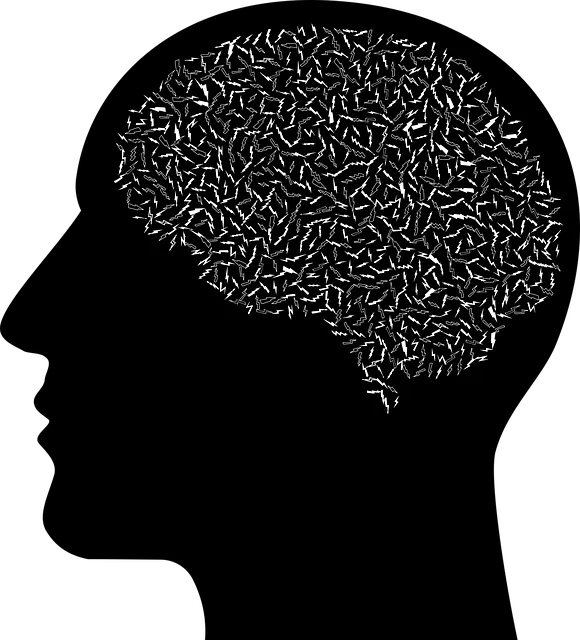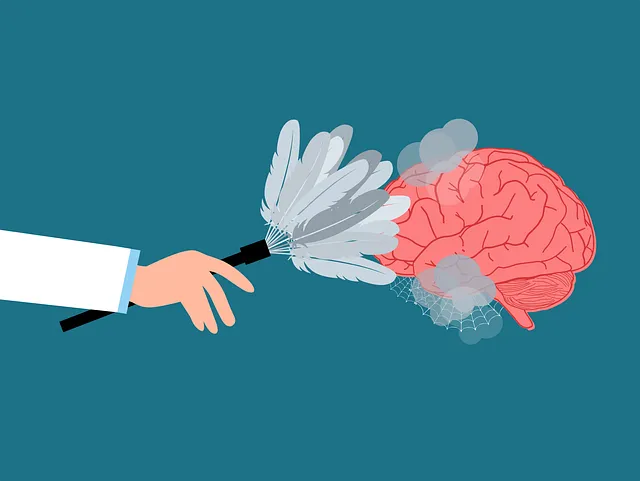Westminster and Kaiser's inpatient mental health units utilize the RFM framework (Recovery, Flexibility, Mastery) to enhance patient care and recovery, focusing on resilience-building through evidence-based therapies like CBT and mindfulness. Their holistic approach includes personalized treatment plans, group therapy for trauma processing, and coaching programs accessible via podcast series, empowering individuals to manage challenges, reduce anxiety, and improve emotional well-being.
“Resilience is a powerful tool for mental well-being, especially in managing stress and adversity. This article explores the concept of RFM (Resilience, Flexibility, and Mastery), a framework guiding inpatient mental health services at leading institutions like Kaiser. We delve into Westminster’s innovative approach to building resilience, showcasing effective exercises that significantly impact patients’ lives. By understanding RFM, healthcare providers can enhance support systems, fostering adaptability and strength in patients facing mental health challenges.”
- Understanding RFM: A Framework for Resilience
- Inpatient Mental Health Services at Kaiser: An Overview
- Westminster's Approach to Building Resilience in Patients
- Effective Resilience-Building Exercises and Their Impact
Understanding RFM: A Framework for Resilience

Resilience is a key factor in navigating life’s challenges, and the RFM framework offers a structured approach to building this vital resource. RFM stands for Recovery, Flexibility, and Mastery – three interconnected components that empower individuals to bounce back from adversity. In the context of healthcare, particularly within facilities like Westminster or Kaiser’s inpatient mental health units, understanding RFM can significantly contribute to patient care and recovery.
The Public Awareness Campaigns Development and Burnout Prevention Strategies for Healthcare Providers often highlight the importance of resilience. By fostering Recovery, Flexibility, and Mastery, these strategies aim to enhance mental wellness. For instance, a Mental Wellness Podcast Series Production can provide valuable insights and tools that promote each RFM aspect, ultimately boosting public awareness and individual resilience. This approach ensures that patients and healthcare providers alike have access to resources that support emotional well-being and help prevent burnout.
Inpatient Mental Health Services at Kaiser: An Overview

At Kaiser, Westminster’s renowned Inpatient Mental Health Services offer a comprehensive care environment tailored to individuals struggling with severe mental health challenges. This specialized unit is designed to provide intensive treatment and support for adults experiencing acute psychiatric disorders, offering a safe haven for recovery. The facility prioritizes evidence-based practices, integrating various therapeutic approaches to address complex psychological needs.
The inpatient program focuses on Anxiety Relief, employing cognitive-behavioral therapy (CBT) techniques and mindfulness practices to help patients manage anxiety symptoms effectively. Moreover, Kaiser’s dedicated team emphasizes Risk Management Planning for Mental Health Professionals, ensuring a secure environment while fostering Emotional Intelligence among staff to deliver compassionate care. Through individual and group therapy sessions, patients engage in processing traumatic experiences, building coping mechanisms, and cultivating resilience for long-term mental well-being.
Westminster's Approach to Building Resilience in Patients

Westminster’s approach to building resilience focuses on a holistic view of patient care, encompassing both physical and mental health. They recognize that strength and resilience are cultivated through a combination of therapeutic interventions, support systems, and empowerment strategies. Their inpatient mental health services, akin to those provided by Kaiser, prioritize individualizing treatment plans to meet diverse needs.
This approach integrates various techniques, including evidence-based therapies, mindfulness practices, and social support networks, to enhance self-esteem improvement and foster mental wellness. Westminster also leverages the Mental Wellness Podcast Series Production as a tool to reach a broader audience with valuable resources, while their Mental Wellness Coaching Programs Development offers tailored guidance for those seeking to navigate life’s challenges more effectively.
Effective Resilience-Building Exercises and Their Impact

Resilience-building exercises are a powerful tool for fostering mental well-being, especially in today’s fast-paced and often stressful world. These activities aim to equip individuals with the skills to navigate challenges and bounce back from setbacks. Effective resilience training involves a combination of physical, mental, and emotional engagement, tailored to the unique needs of each participant. For instance, mindfulness practices, such as meditation and deep breathing exercises, have been shown to reduce anxiety and enhance overall stress management, providing individuals with tools to remain calm under pressure.
Westminster’s Kaiser, for example, offers inpatient mental health services, utilizing a comprehensive Community Outreach Program Implementation that incorporates various resilience-building techniques. This includes group therapy sessions where communication strategies are taught, empowering individuals to support one another through shared experiences. By engaging in these exercises, participants can develop a stronger sense of self-efficacy, improve their emotional regulation, and build a network of support, all of which contribute to long-lasting anxiety relief and enhanced resilience.
Both Kaiser and Westminster hospitals recognize the importance of resilience building as a crucial component of patient care, especially for those in inpatient mental health services. By employing the RFM framework and various exercises, these institutions are empowering individuals to navigate challenges and foster mental agility. Westminster’s approach showcases how structured programs can significantly enhance patients’ ability to cope with stress and adversity, mirroring Kaiser’s commitment to comprehensive mental health treatment. These initiatives highlight a growing trend in healthcare to prioritize resilience as an integral part of patient recovery and well-being.






